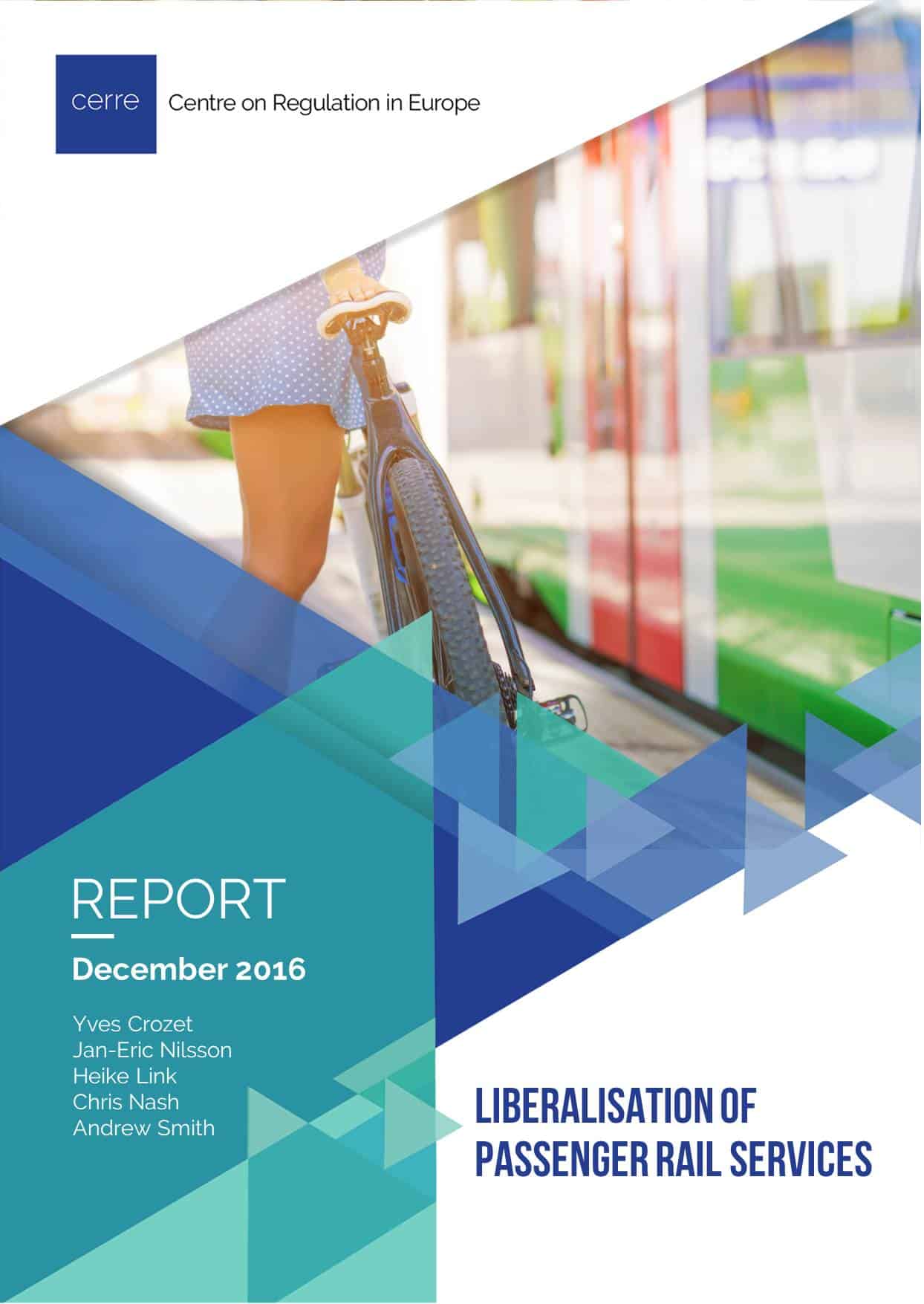German Institute for Economic Research in Berlin (DIW Berlin)
Heike Link is a Senior Research Manager in the Department of Energy, Transport and Environment at the German Institute for Economic Research in Berlin (DIW Berlin).
She has led a number of national and international research and consultancy projects on infrastructure issues, transport pricing and railway economics focusing on areas such as access pricing, rail competition and efficiency analysis in the rail sector. The projects were commissioned by a range of national and European institutions, including the Transport Ministry, the Federal Environmental Board and the Federal Road Authority in Germany; the European Commission; the OECD; and national institutions in a number of other European countries.
Her work has been published both in international refereed journals and as book contributions.
Heike Link is a Senior Research Manager in the Department of Energy, Transport and Environment at the German Institute for Economic Research in Berlin (DIW Berlin).
She has led a number of national and international research and consultancy projects on infrastructure issues, transport pricing and railway economics focusing on areas such as access pricing, rail competition and efficiency analysis in the rail sector. The projects were commissioned by a range of national and European institutions, including the Transport Ministry, the Federal Environmental Board and the Federal Road Authority in Germany; the European Commission; the OECD; and national institutions in a number of other European countries.
Her work has been published both in international refereed journals and as book contributions.





